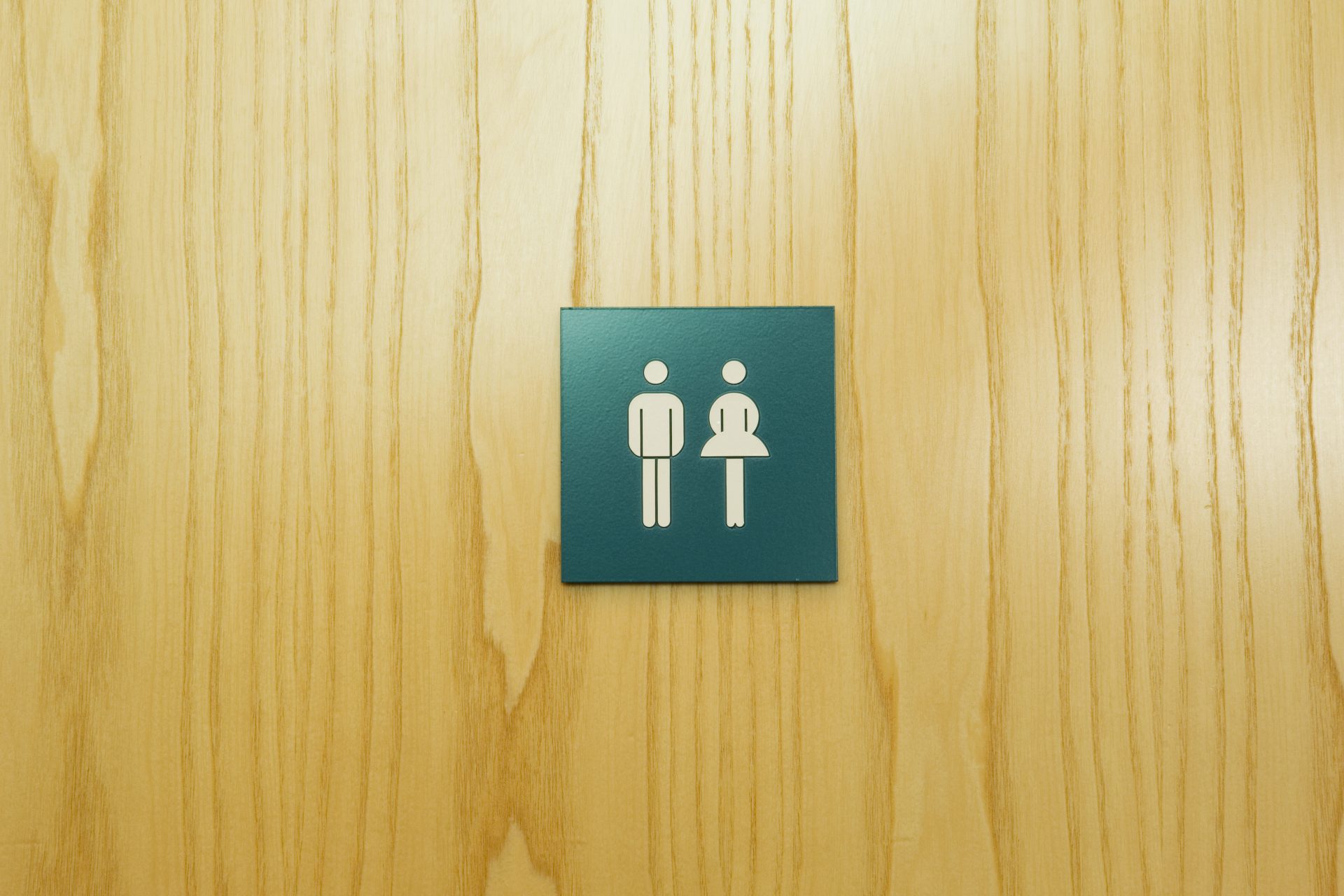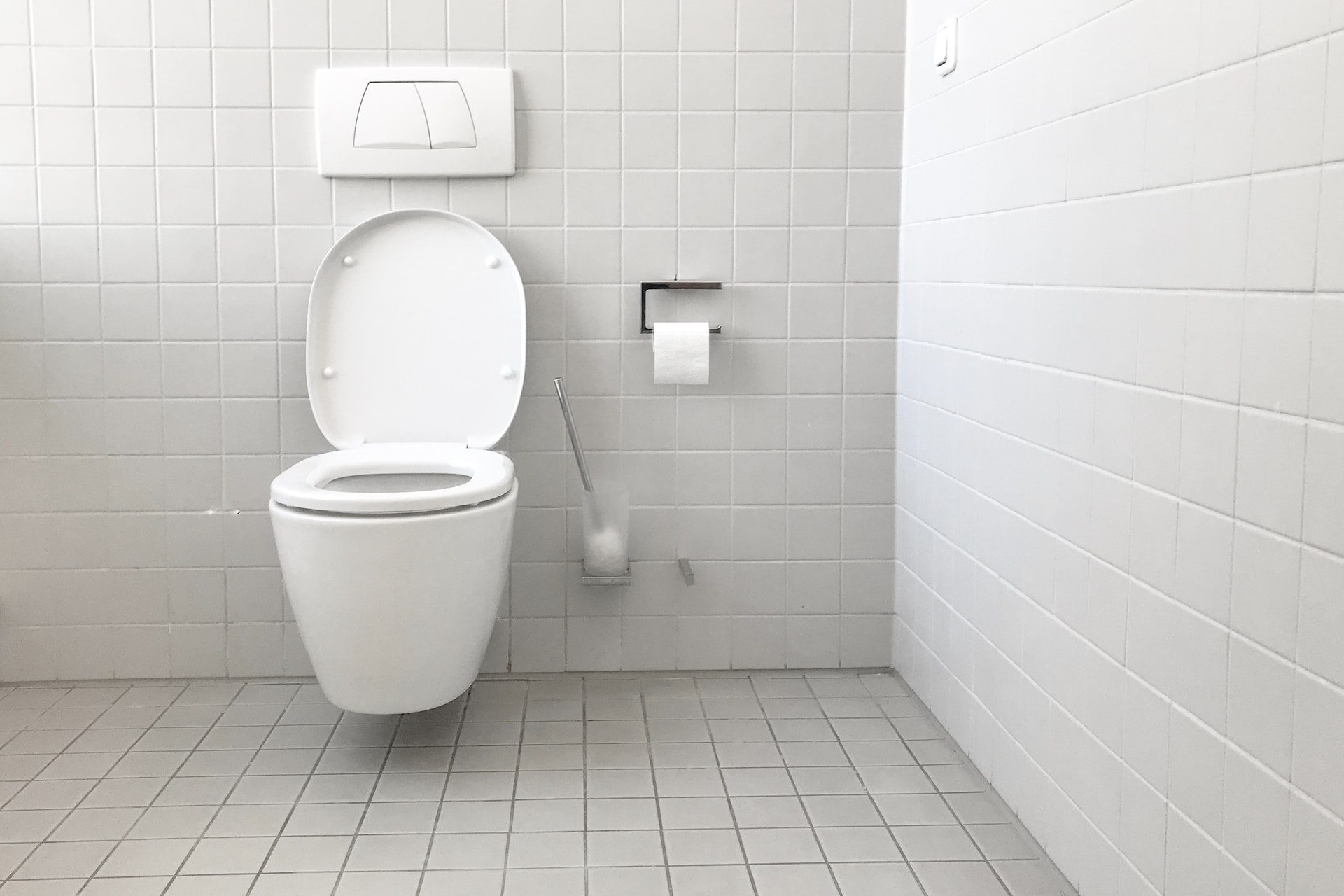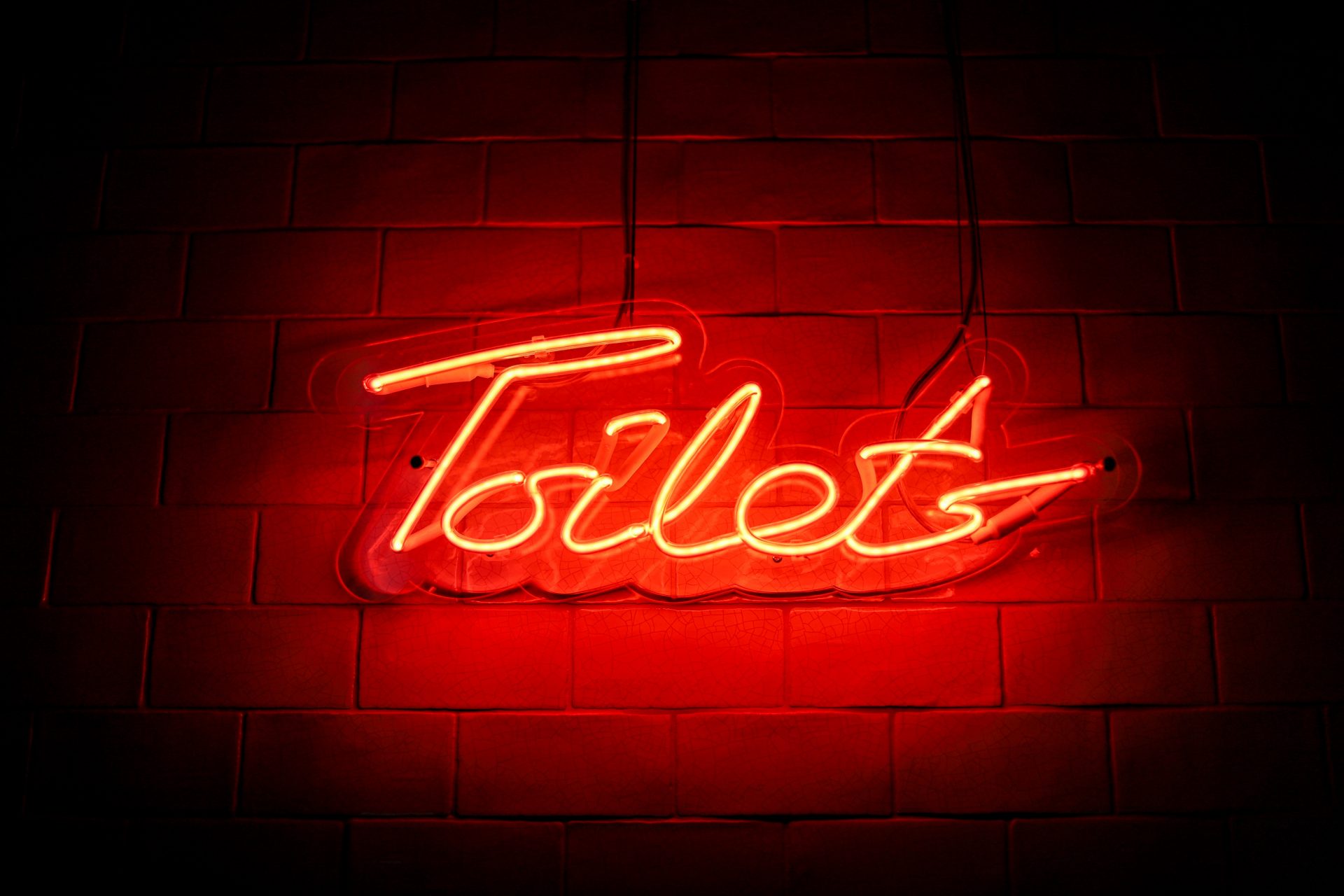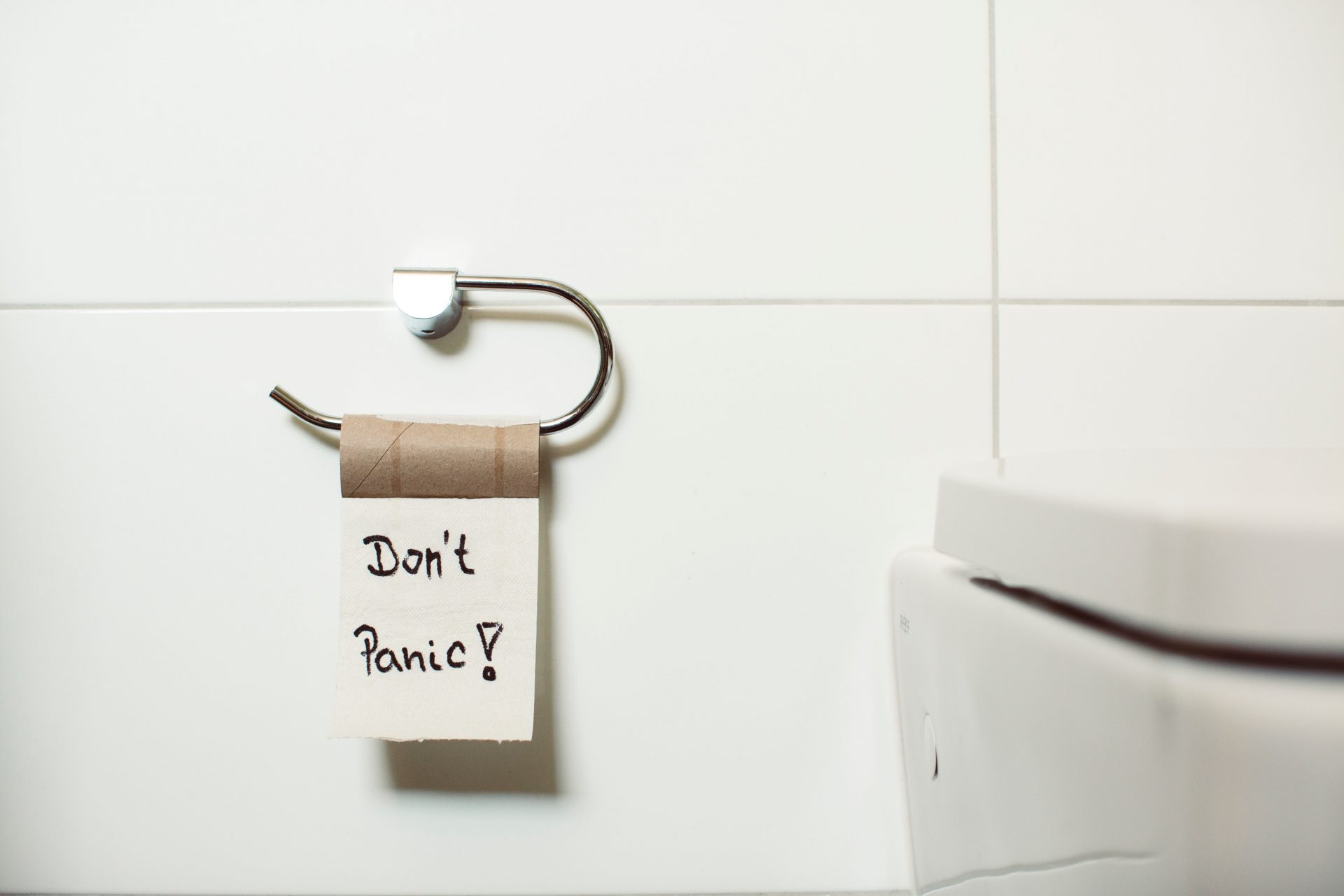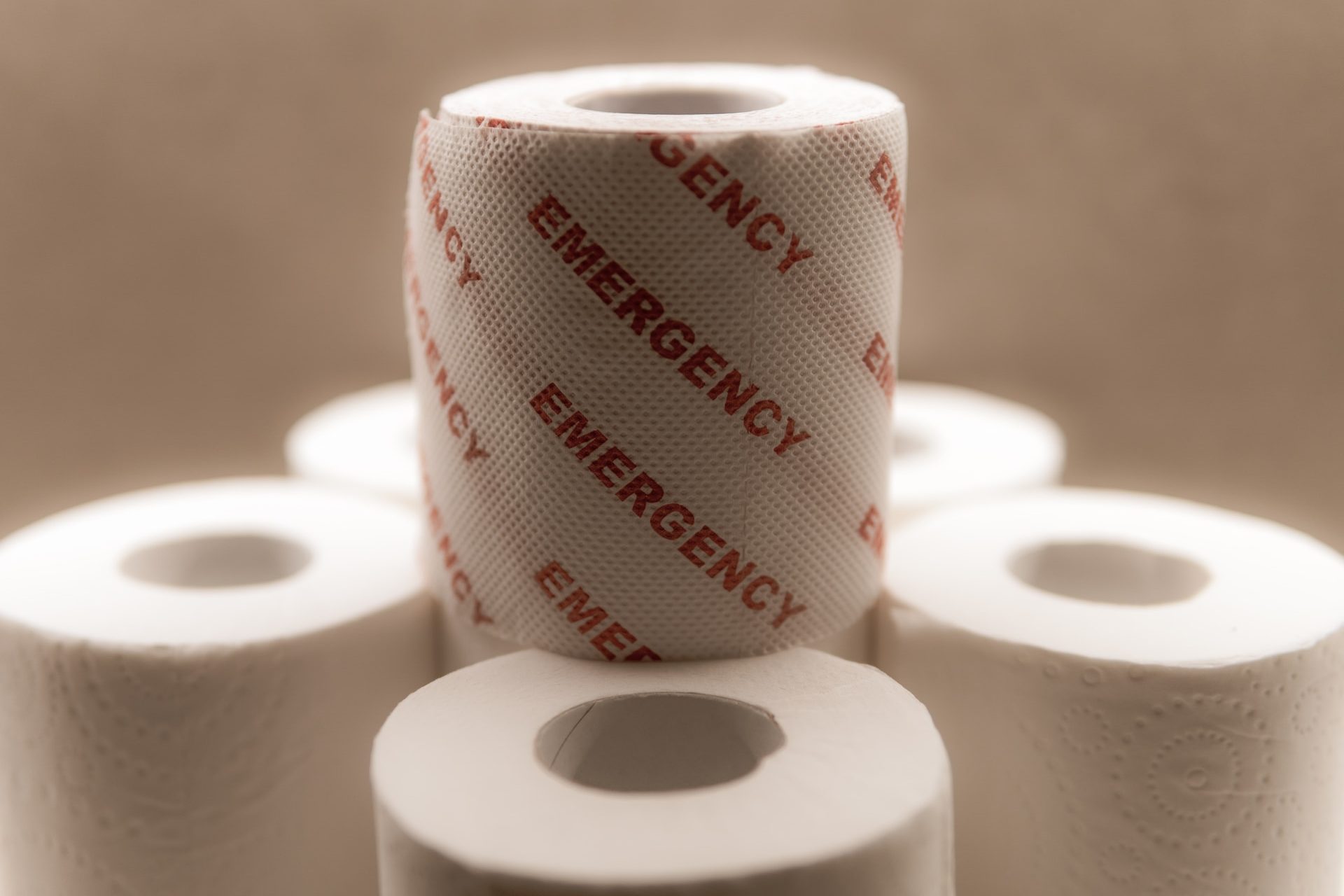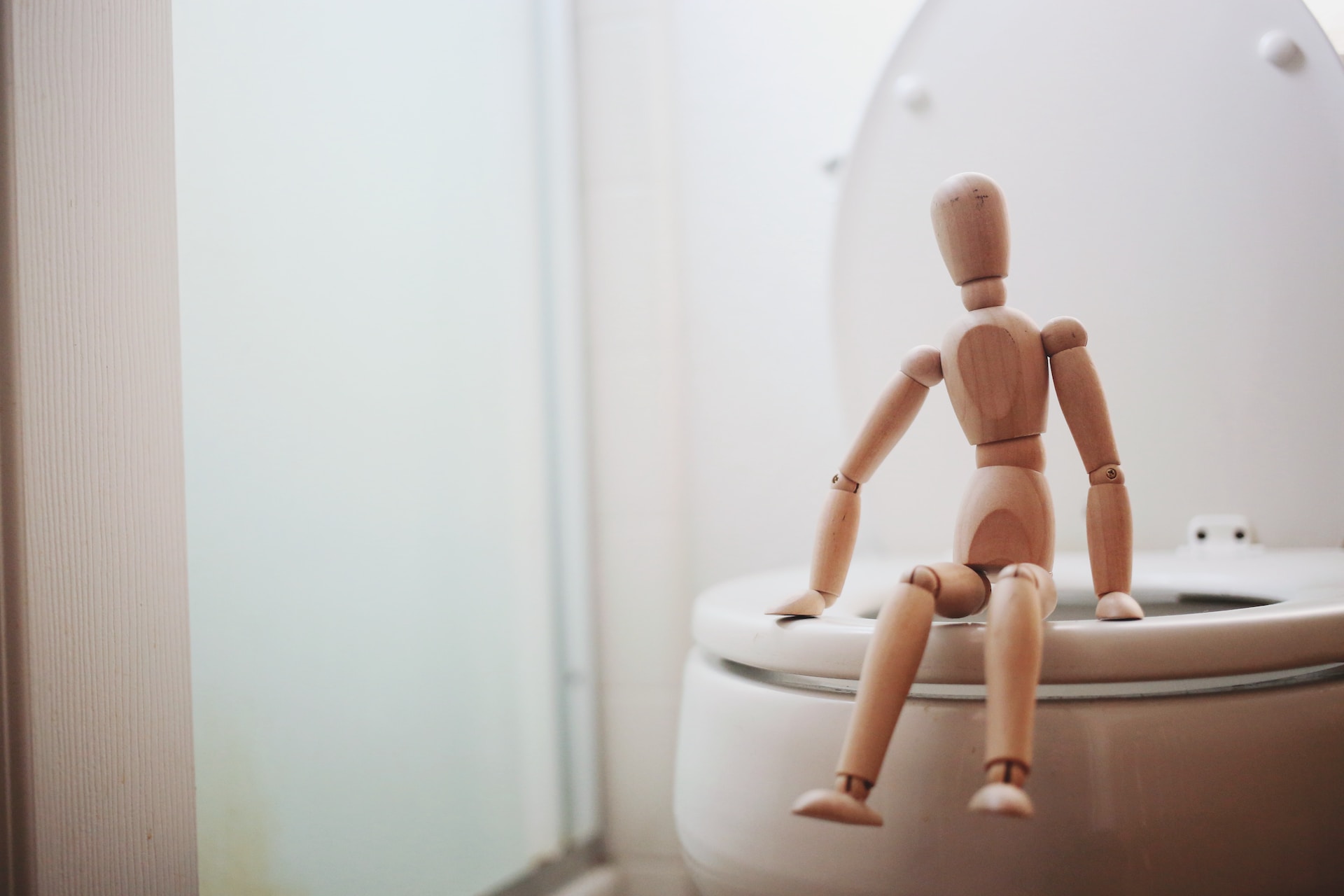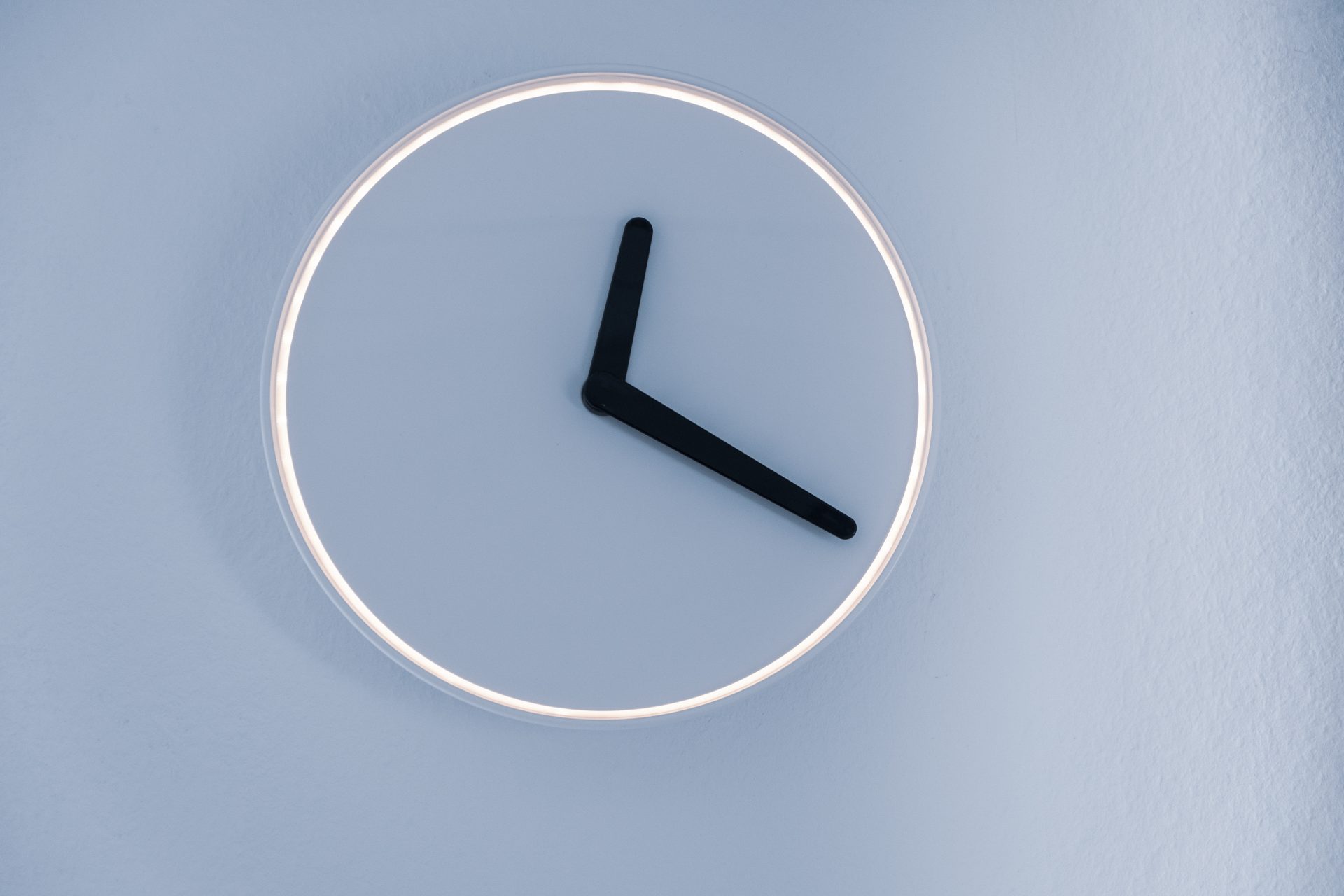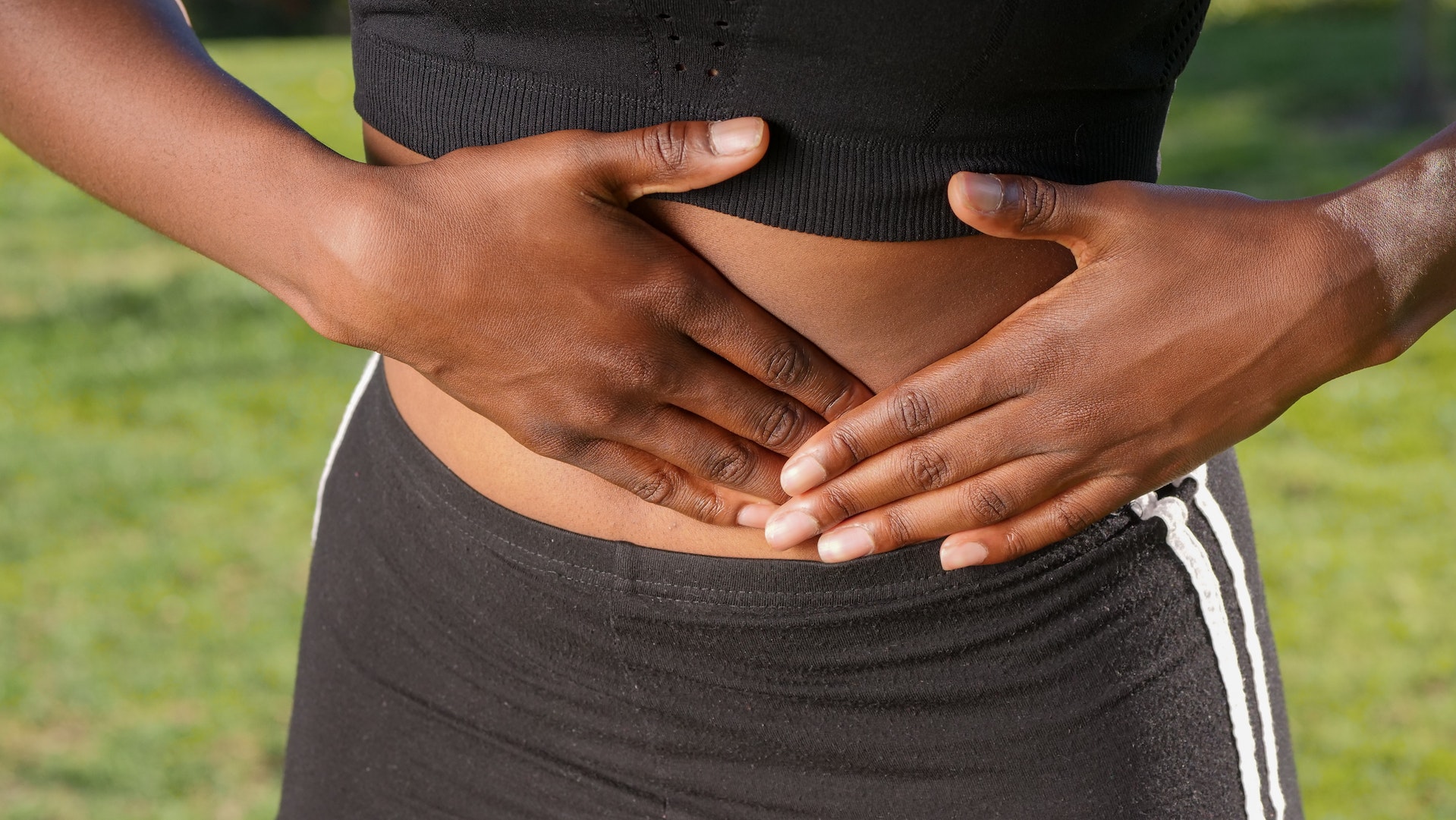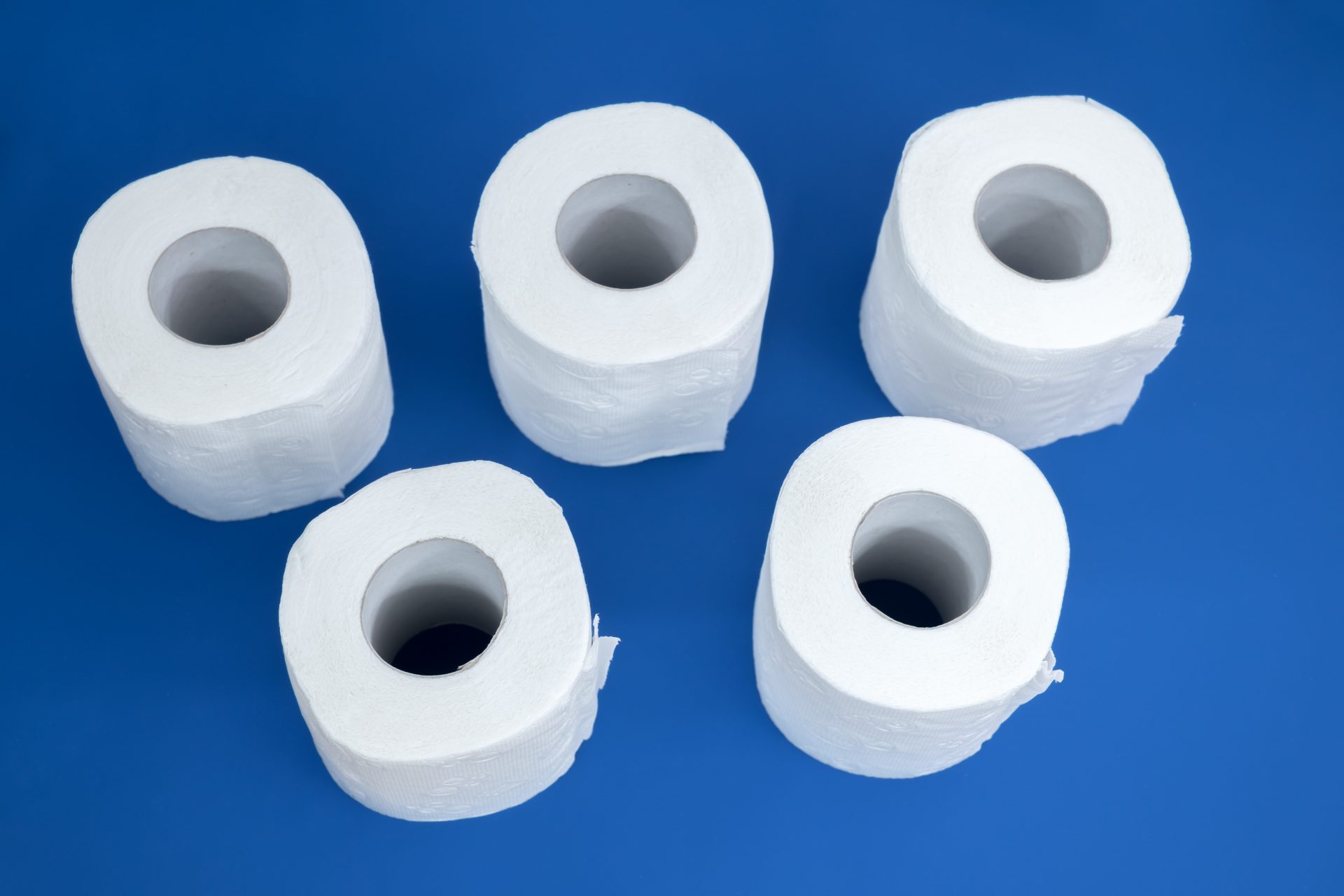How often should you be going number two?
It’s not often something we discuss around the water cooler, but it’s a universal bodily function that unites humanity and even our animal friends. When the bowels move freely, it’s just a mildly gross fact of life. But when something is off, it can be a big pain in the you-know-what. So let’s see what science says about what’s typical for number two.
Let's start by emphasizing this: going to the bathroom is fundamental for our bodies. If number two is happening too often or not enough, it can turn into a serious problem.
Photo: Jan Antonin Kolar / Unsplash
It's our body's natural way of getting rid of accumulated waste and toxins, which, once expelled, promotes the proper functioning of our digestive and renal systems.
Photo: Stephen Harlan / Unsplash
The question everyone is wondering about is how often we should be going to the bathroom for a solid visit. The answer isn't one-size-fits-all. It depends on many factors and varies based on the individual.
Photo: Markus Spiske / Pexels
According to experts, and as supported by a 2010 study in the Scandinavian Journal of Gastroenterology, it can range from three times daily to three times weekly.
Photo: Michael Marais / Unsplash
Yes, some people may feel the need to go almost every time they eat, which would mean heading to the bathroom three times a day (or 21 times a week). While others might only go three times a week. And guess what? Both are perfectly normal and healthy.
Photo: Anna Shvets / Pexels
In fact, according to the aforementioned study, 98% of participants fell within this range of three times a day to three times a week.
Photo: Gabor Monori / Unsplash
However, constipation, defined as going to the bathroom fewer than three times per week along with other symptoms, has been found to be significantly more common in other studies. According to the National Institute of Diabetes and Digestive Disorders, around 16% of Americans deal with chronic constipation, even more so in the elderly, women, and non-Caucasians.
Photo: Giorgio Trovato / Unsplash
It's important to identify your unique bathroom schedule. The Swedish study suggests that deviations from your own normal bowel movement patterns might indicate stomach or intestinal issues. In other words, if all of a sudden your schedule is off kilter, you might have a bigger problem.
Photo: Moritz Kinlder / Unsplash
Our bodies naturally dictate and determine how often we should go to the bathroom. Trying to avoid a trip to the loo can lead to anything from discomfort to more serious conditions like constipation or infection.
Photo: Kindel Media / Pexels
While most people have had this unfortunate issue, it can be deadly when severe, especially in young children, older adults, and those with immune problems. While it's most often experienced acutely, chronic diarrhea is a condition that affects approximately 5% of the population at any given point in time.
Photo: Alexander Popovkin / Unsplash
As Dr. Sara Jarvis, Clinical Director of patientaccess.com, notes in comments to The Sun, a colon that absorbs excess water can lead to harder stools that are more difficult to pass. Indeed, dehydration can be an important trigger for constipation and complication of diarrhea, so make sure you're getting enough liquids.
Photo: Roberto Sorin / Unsplash
Age also plays a role, as constipation is often associated with aging and a slowdown in bowel movements, which slows the waste's journey to evacuation. In the US, it is estimated that 33% of those over 60 are chronically constipated.
Photo: Mykyta Martynenko / Unsplash
Medication and supplements, particularly those more common in older age, can be in part to blame. These include antacids, diuretics, narcotic pain medicines, some medicines used to treat depression or Parkinson's disease, or medicines used to prevent seizures or spasms.
Photo: Myriam Zilles / Unsplash
For those on the constipated side, physical activity and a fiber-rich diet can assist with more effortless and frequent bowel movements.
Photo: Deepak N / Unsplash
However, there's a lot of room for variance, so if you're hitting the bathroom anywhere between 3 to 21 times a week, you're within the normal range. But it's not just the schedule that matters. Other signs of constipation include stools that are hard, dry, or lumpy, difficult or painful to pass; or a feeling that not all stool has passed. These number two issues can often be treated, so if that sounds painfully familiar, don't be embarrassed to talk to your doctor.
Photo: Markus Spiske / Pexels

